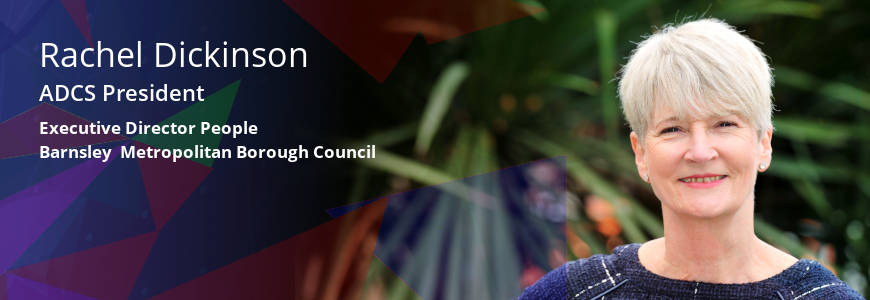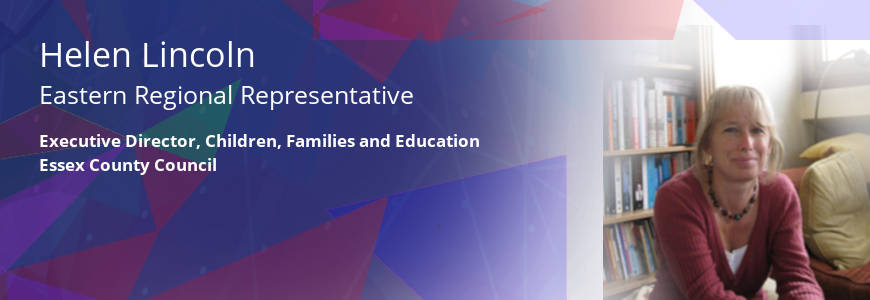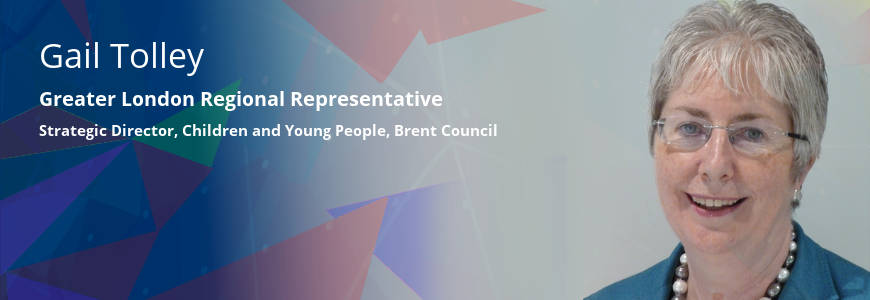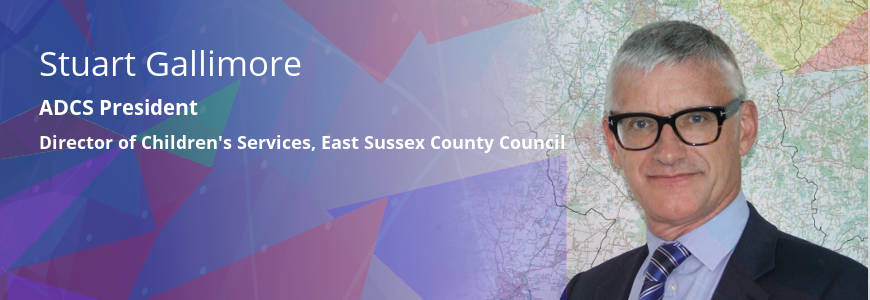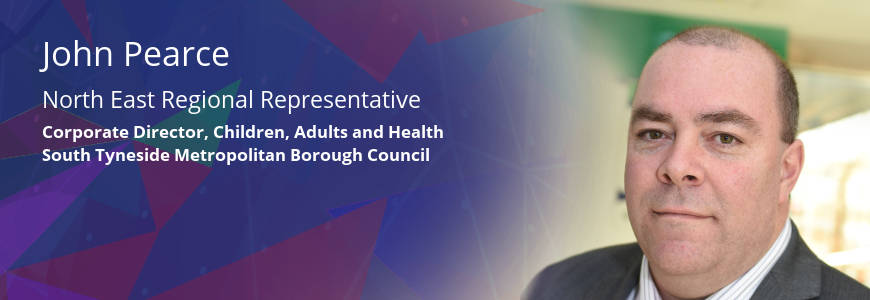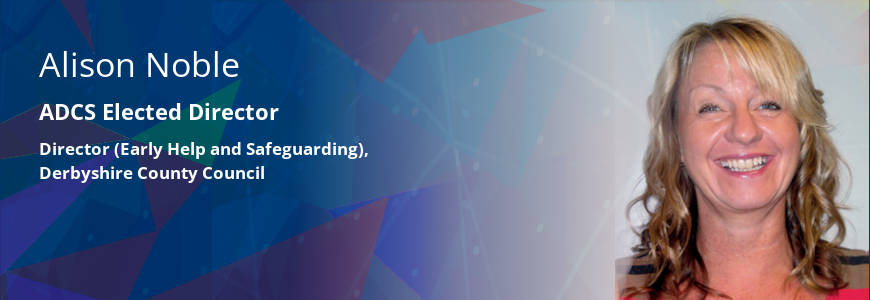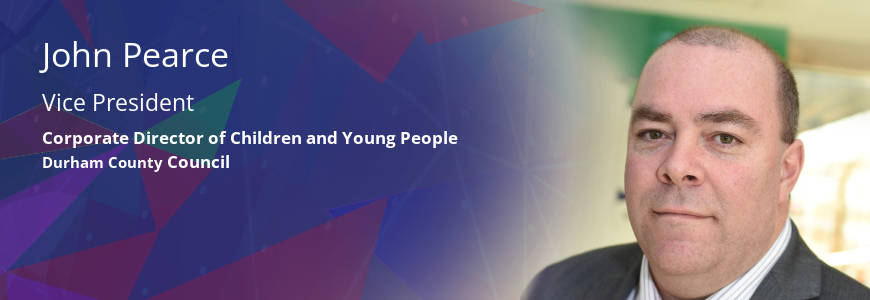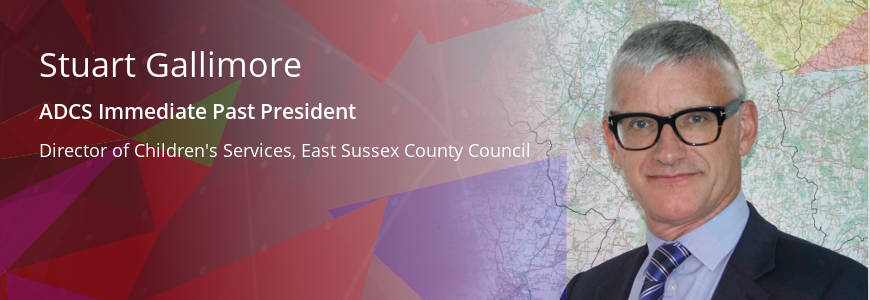Unintended consequences
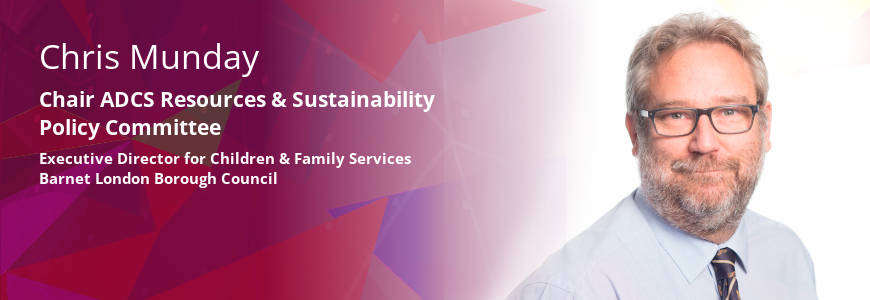
This is my first blog for ADCS and I would, firstly, like to thank colleagues for electing me as Chair of the Resources & Sustainability Policy Committee. When thinking about what to write unintended consequences came to mind.
I was faced with a particular challenge recently - which is far too common – the desperate need for a placement for a vulnerable child who needed a caring, loving environment which will meet his needs and enable him to flourish but none were readily available and there was no choice. But how is it that we are in a position where there are no effective placements to meet complex needs? The CMA’s social care market study final report suggested that we “sleepwalked” into the position we are now in. I don’t think that is wholly true. I think it is because of a range of well-intentioned policy changes at a local and national level which has resulted in unintended consequences and led us to a place where we are letting some of our children down.
At a local level we have reduced the number of residential children’s homes provided by local authorities over time, whilst simultaneously fewer voluntary sector providers are continuing to operate in this space. Similarly, at a national level, changes in provision of mental health and youth justice have reduced placement options and yet our children’s needs have not diminished placing greater burdens on social care placements.
I do, therefore, worry that Regional Care Co-operatives, as described in the Independent Review of Social Care, is another well-intentioned policy initiative with significant risks of a range of unintended consequences. Firstly, the review does not consider the whole system in which children live and operate. Looking at social care without effectively considering the importance of health and education and their critical involvement in placement decision making will lead to unintended consequences. Secondly, it remains unclear the robustness of the evidence-base for the proposed model – I don’t think the CMA report made the recommendation for this model nor did the What Works Centre for children’s social care in their descriptive study. Thirdly, the proposal makes accountability more diffuse if the sufficiency duty is separate from Corporate Parenting responsibilities; there are significant risks in my view. Finally, the level of organisational and structural reform required to achieve this new approach is immense and needs to be very carefully considered.
But I don’t think our present arrangements are fit for purpose. There are some things we can and should do collectively and better. We should learn from our existing regional initiatives as to what is working. We need to be able to share financial risks better. I welcome the investment by central and local government into the development of new children’s homes. I would urge that we now look at how we join up the development and commissioning of therapeutic provision for young people with complex needs or at risk of remand between central government and regions. We do need help on how we can effectively model and project numbers at a national, regional and local level which needs to be supported by academic insight.
Finally, we need supply side reforms … ADCS is clear that there should be no room for private profit in children’s social care, but we also need planning regulations which make the opening of a home less of a challenge. We need to address some of the regulatory challenges, and I welcome Yvette Stanley’s commitment to work with us on this. Further, a national focus on developing our residential workforce and Children’s Home Managers would be welcome.
I urge the need for national reflection before the recommendations of the care review, such as Regional Care Co-operatives, are implemented. It is vitally important we take the opportunity to help shape how they are developed to ensure we are clearer on their implications and of unintended consequences.
Related Blog Articles
Even more concerning is the lack of join-up nationally where responsibility for...
In General
As Director of Children’s Services (DCS) for one of the 75 areas eligible for...
In Early Help & Families
Brave, brave, brave! This was the word bounding around my head as I sat beside...
In Care
During the pandemic my team were fortunate enough to lead a DfE-funded project,...
In General
In the midst of what has been a very difficult few weeks, Covid-19 promises to...
In General
I am sat writing this blog recovering from a bout of covid, a sharp reminder...
In Funding
At the end of this month, I will be moving from my familiar surroundings of the...
In Leadership
Like other regions, London has been busy in 2017 developing the service and...
In General
Firstly, can I start by wishing everyone a Merry Christmas and all the best for...
In General
The North East is a unique and wonderful place to live and work with so many...
In General
Two years ago I remember sitting in my garden during the spring time of the...
In Care
Happy New Year to all and hope you had a good holiday period. Let’s hope this...
In General
As my year as ADCS President draws to a close, I’ve spent some time reflecting...
In General
Completing this blog has been one of my final acts as President before handing...

